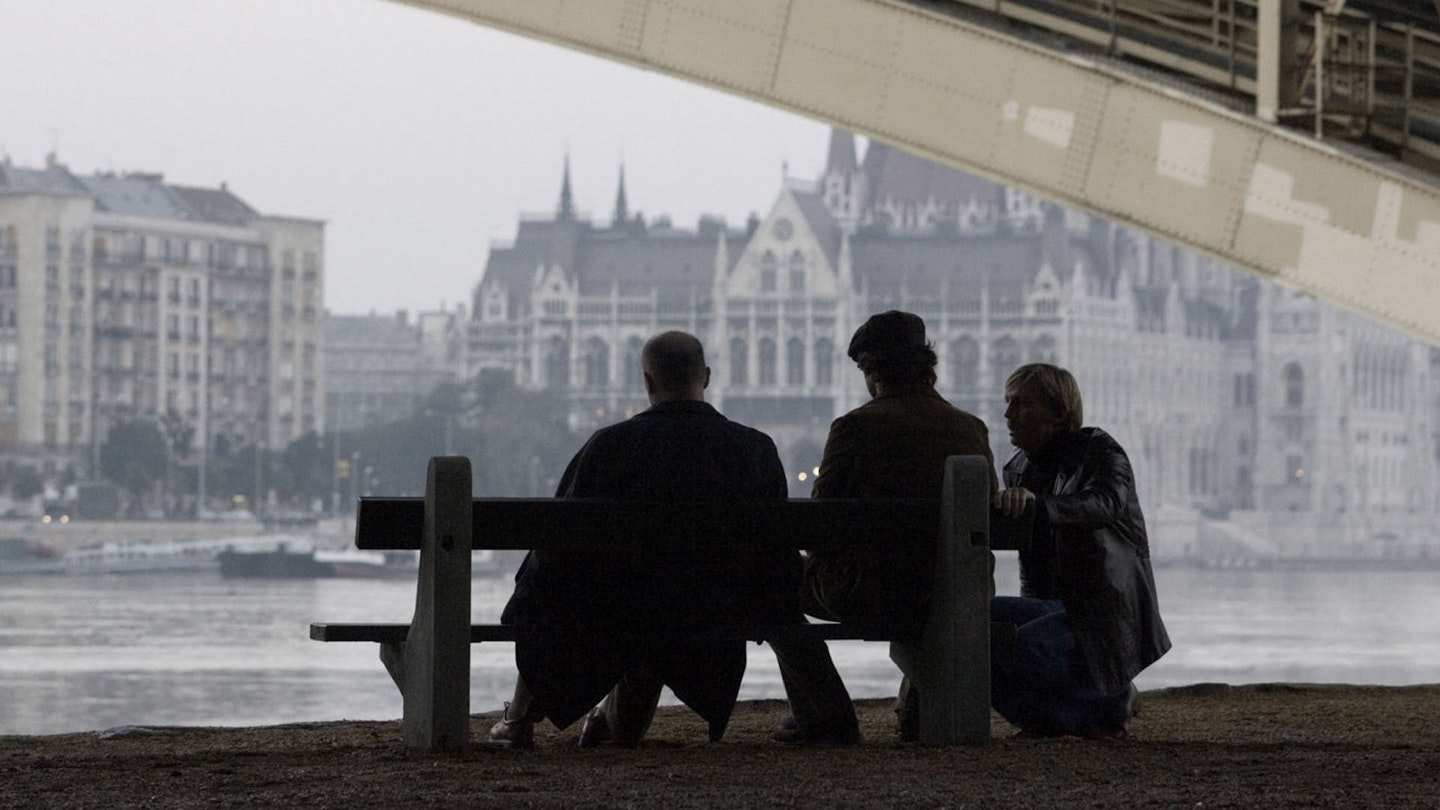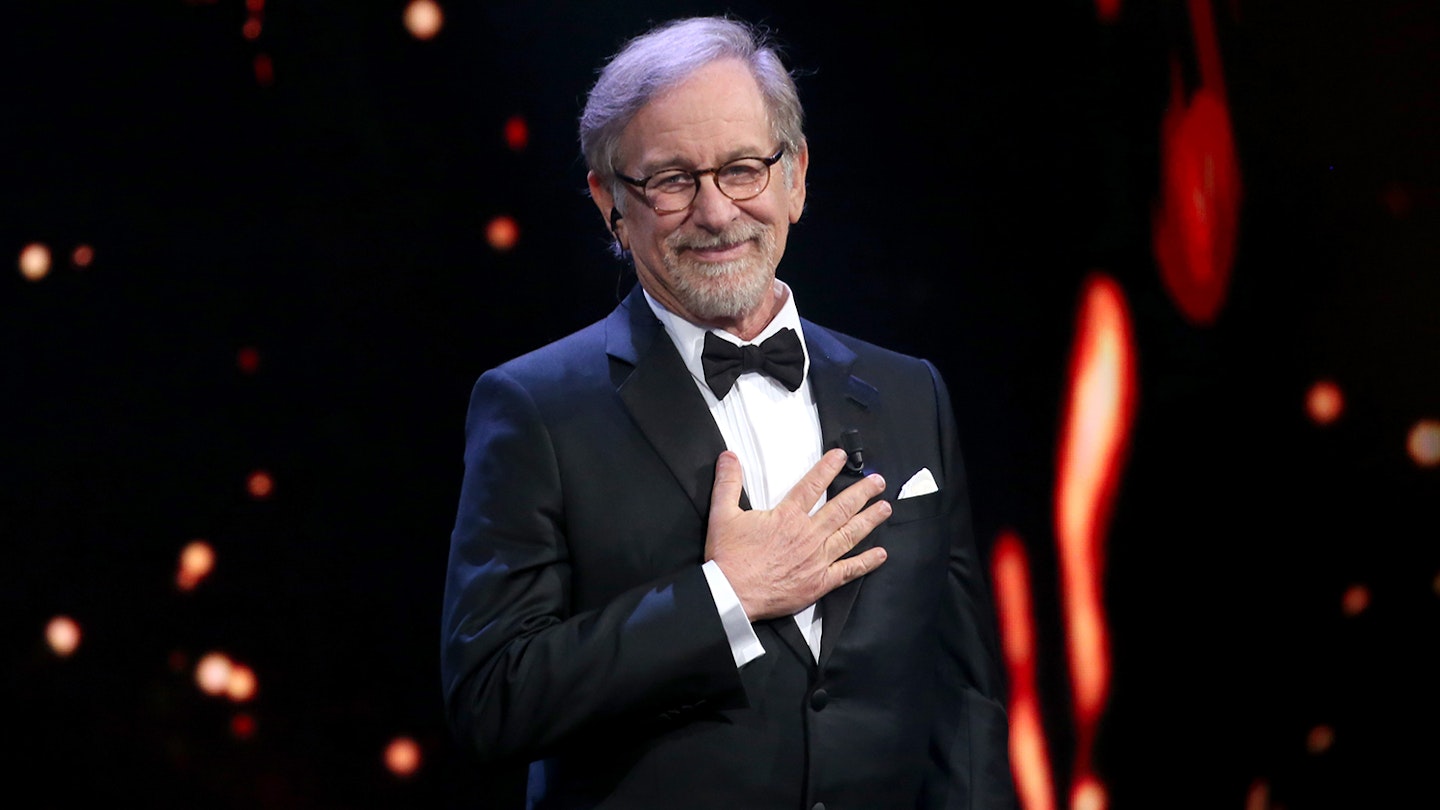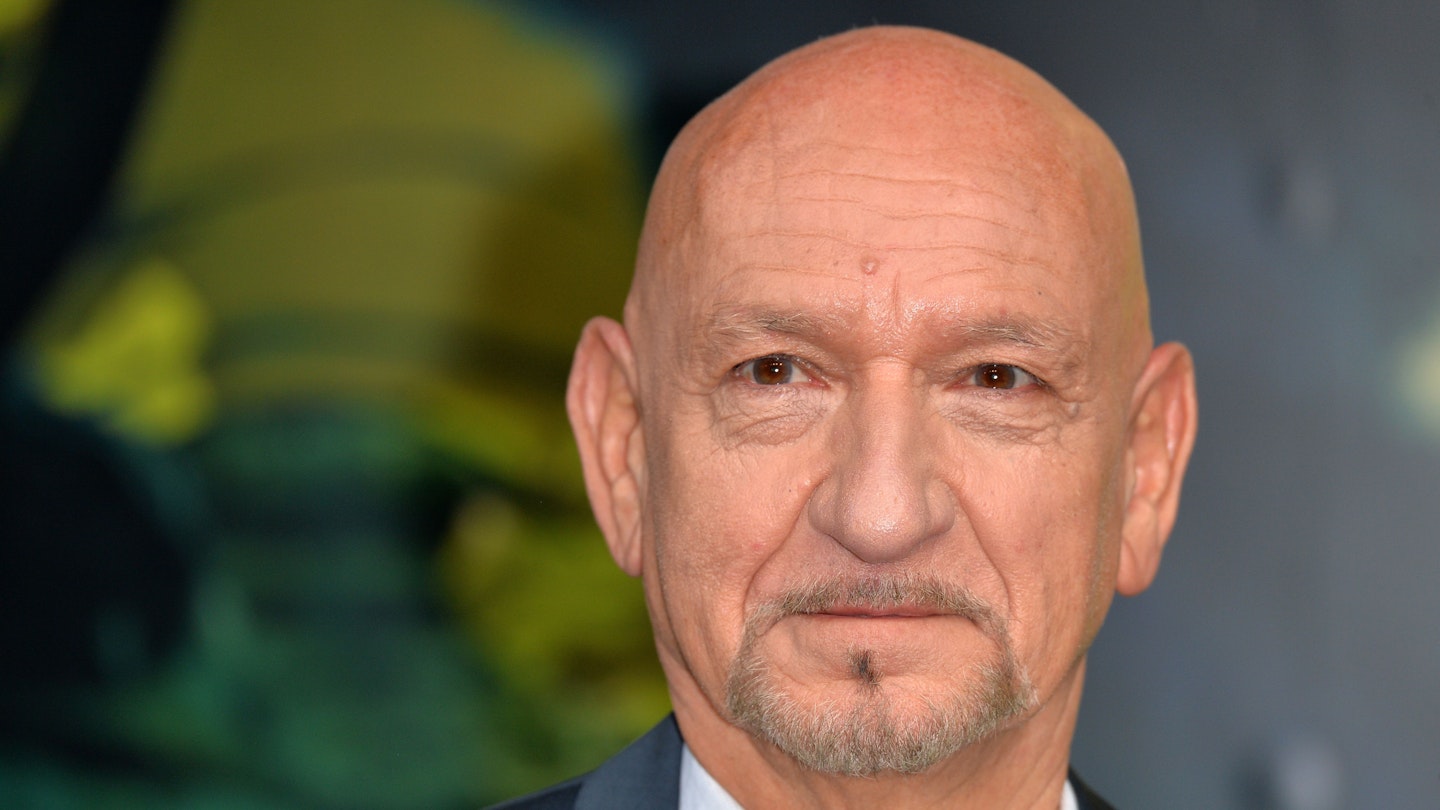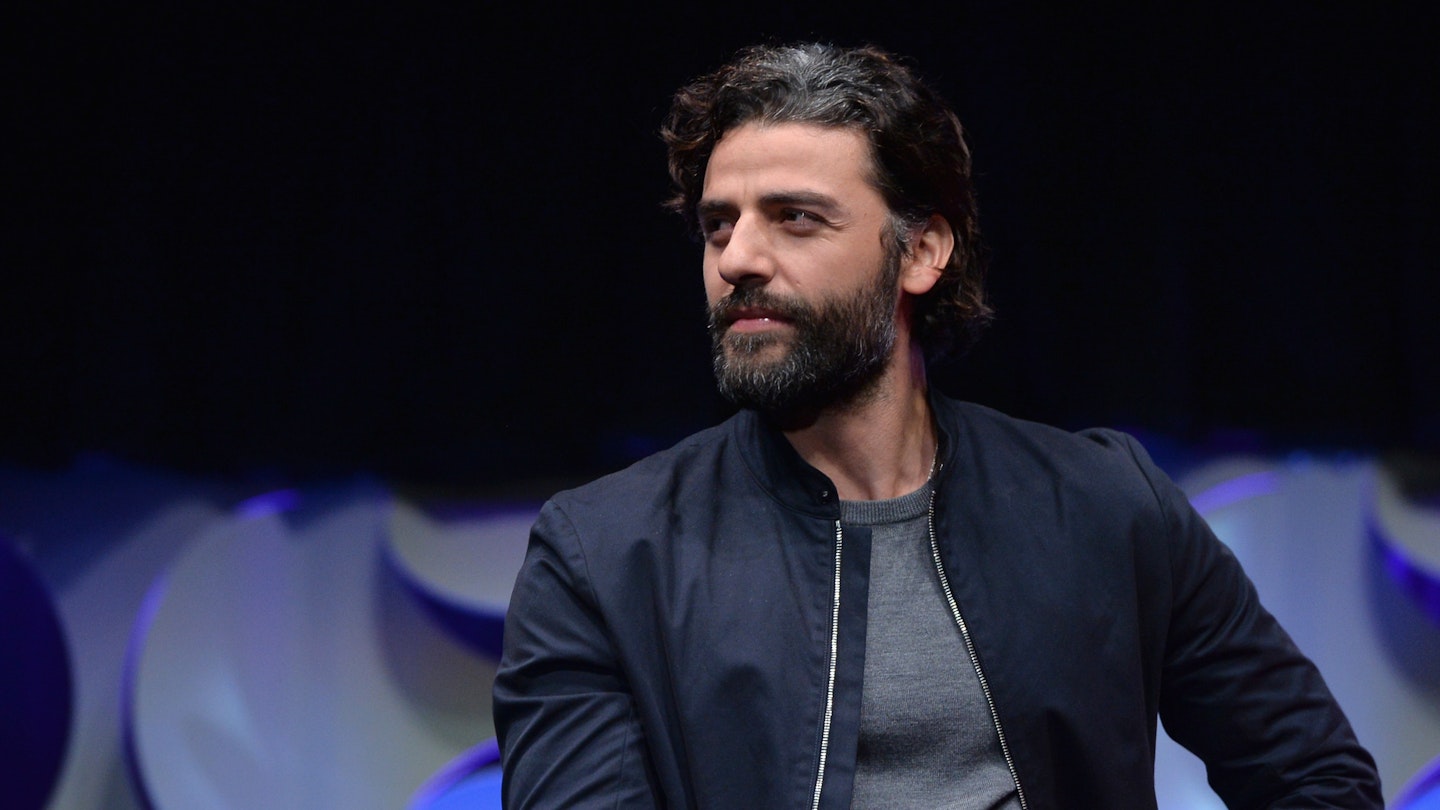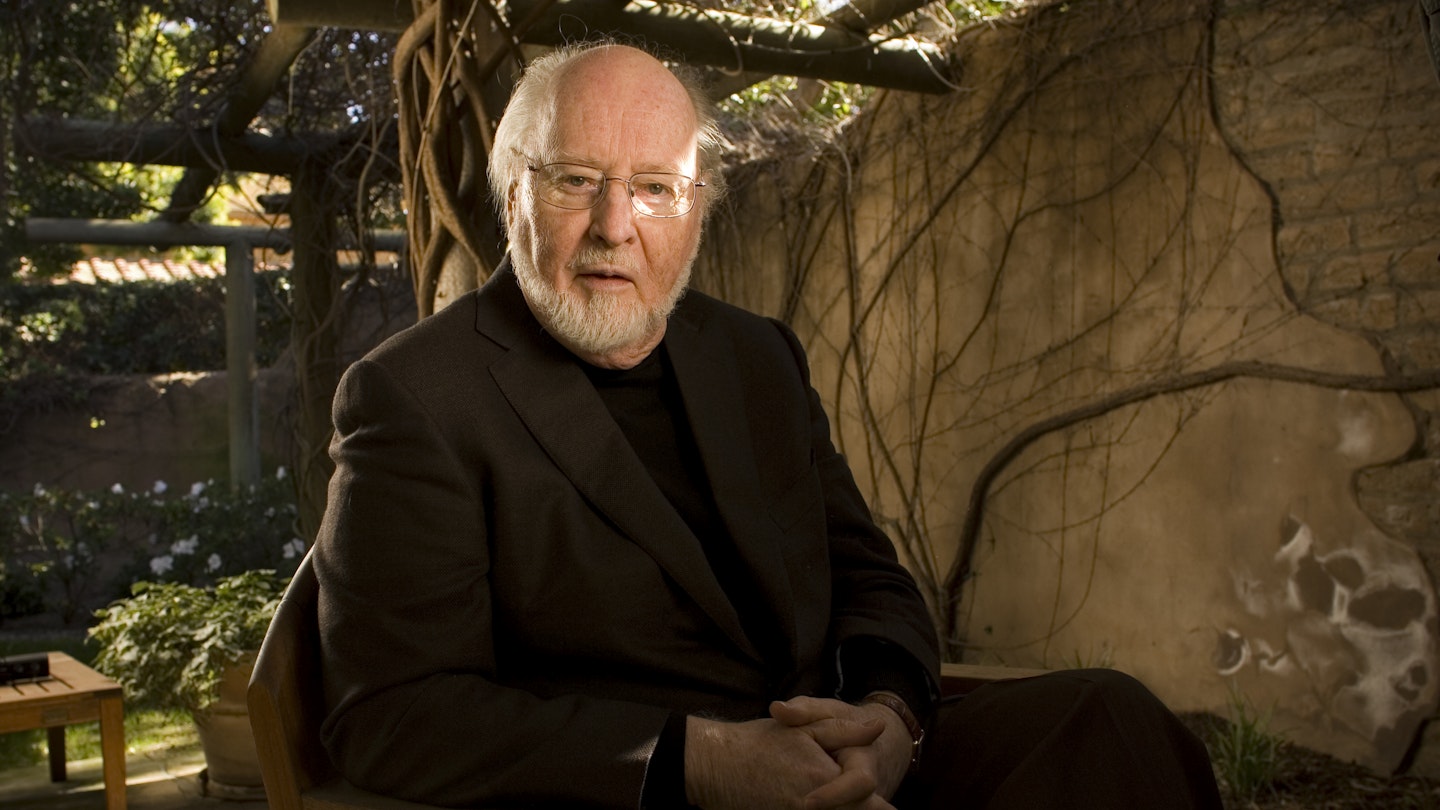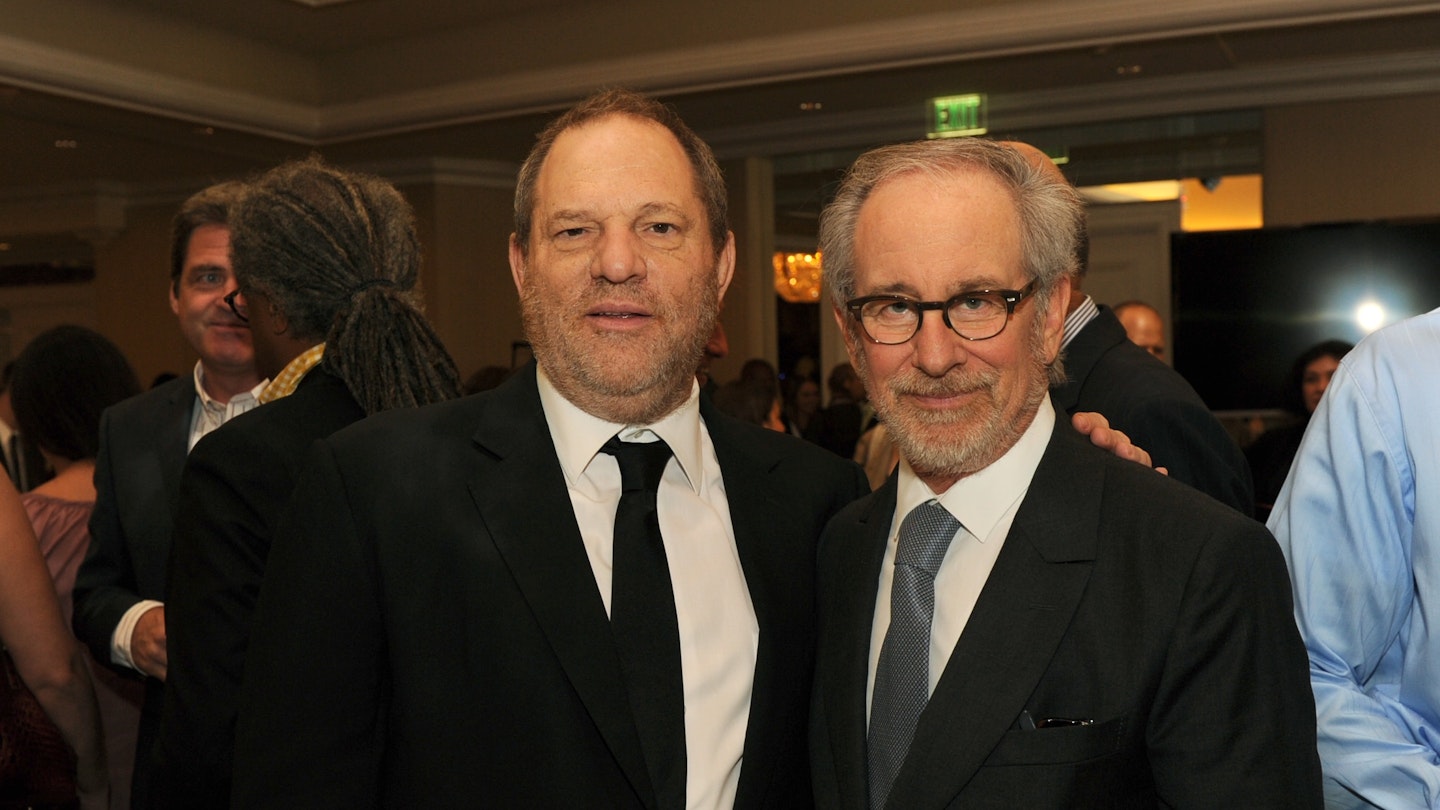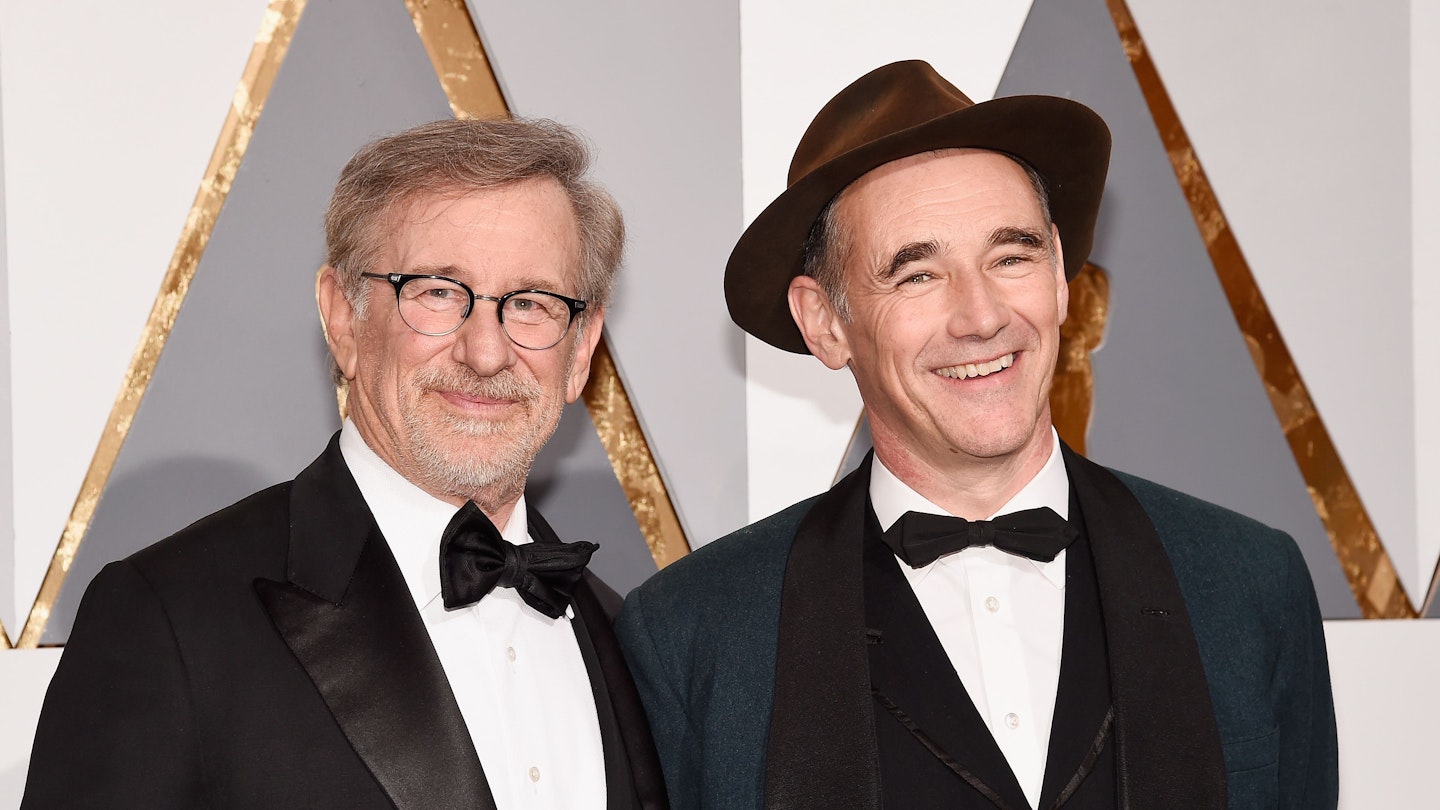Munich is Steven Spielberg’s most difficult film. It arrives already inflamed by controversy (some consider it driven by dubious facts, although it claims only to be “inspired by real events”). It is morally ambiguous and purposefully divorced from the thrill-seeking flamboyance of the director’s glory-glory days. It is clear, lean and startlingly intelligent, with a brute hardness, unshrinking in the face of terrible events. It may confound people, irk them, because it’s so resolutely uncompromised, offering no easy answers while revealing the edgy, focused humanity of ’70s hard-hitters like Lumet’s Serpico or Coppola’s The Conversation — yet with a captivating style very much its own. So, when we say difficult, that’s difficult in a very good way.
In genre terms it exists somewhere off-centre of an espionage thriller, as Avner (played with striking emotional engagement by Eric Bana) and his team methodically set up and execute their
hits against stark European cityscapes of shabby, neon-smeared apartment blocks. Their work couldn’t appear less glamorous. Aided by Tony Kushner’s supple script (Eric Roth is officially credited for an earlier draft), which manages a dry, gallows humour amid the unravelling of souls, Spielberg contrasts the icy mechanics of, say, booby-trapping a Parisian telephone with the excruciating aftershock of close-range assassination.
Alongside the energy and tension of their covert action, each member of the team, from Daniel Craig’s fiery getaway driver to Ciarán Hinds’ meticulous clean-up man, finds their certainty undone. As their own keepers grow distant, they hang on to the tragic events of Munich itself, adroitly edited in from archive footage,to keep their conviction alive.
All the film’s constituent parts bear this hallmark of reality. Even those Black Septemberists, the perpetrators of definable evil at the Olympic Village, are exposed as merely young men heightened on fear and adrenaline. In an entirely fictional scene, Spielberg implants an improbable but gripping encounter between Avner and a Palestinian counterpart who bleakly reports the film’s themes of home and identity. That Avner, spent and bitter, ends up an exile is an ironic reflection of the film’s central conflict: nationhood versus humanity.
Reinforcing this humane doctrine, Avner cooks lavish meals for his team and much of Kushner’s erudite discourse is conveyed at the dinner table as they chew over their shadowy purpose. And in one tumultuous sequence Spielberg crosscuts between Avner having passionate sex with his wife, reconnecting with simple, honest hungers, and the dreaded outcome of the Munich tragedy.
Former Bond villain Michael Lonsdale does a swift, scene-stealing spin as a Gallic wheeler-dealer called Papa, who trades in information and explosives for profit. Under the dark spell of paranoia — watch how Spielberg never lets a scene settle, always allowing a flickering of light or movement within the frame — the team start to believe Papa could be selling them out. Meanwhile, a confrontation with another assassin, a personal vengeance within the greater political one of their objective, will surely go down as the director’s coldest moment.
In a key shot, as Avner and his case officer Ephraim (a barking, steel-hard Geoffrey Rush) stroll along a Brooklyn river front, the Twin Towers stand boldly behind them. The message is hard to miss: this film could not be more relevant.
